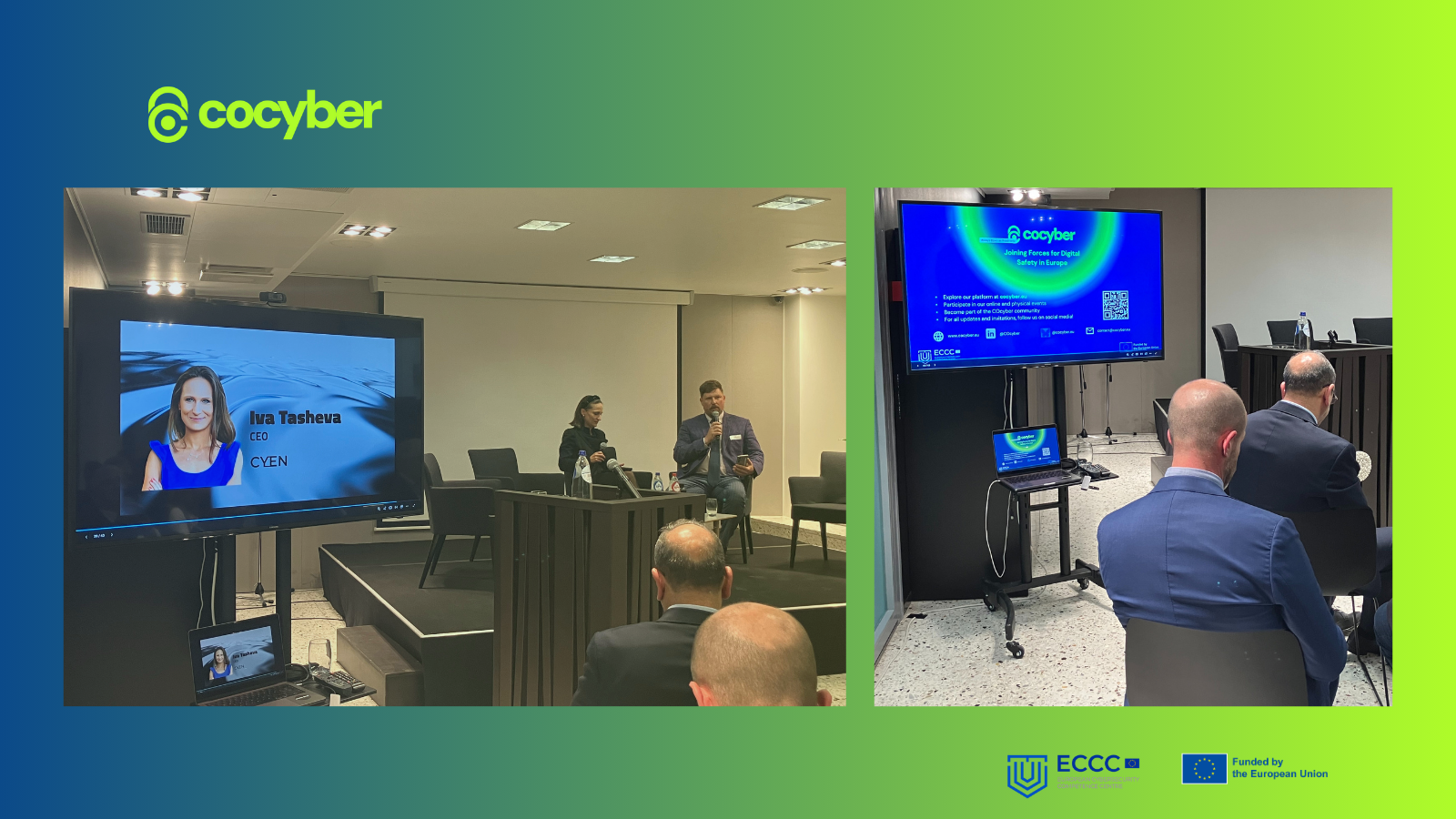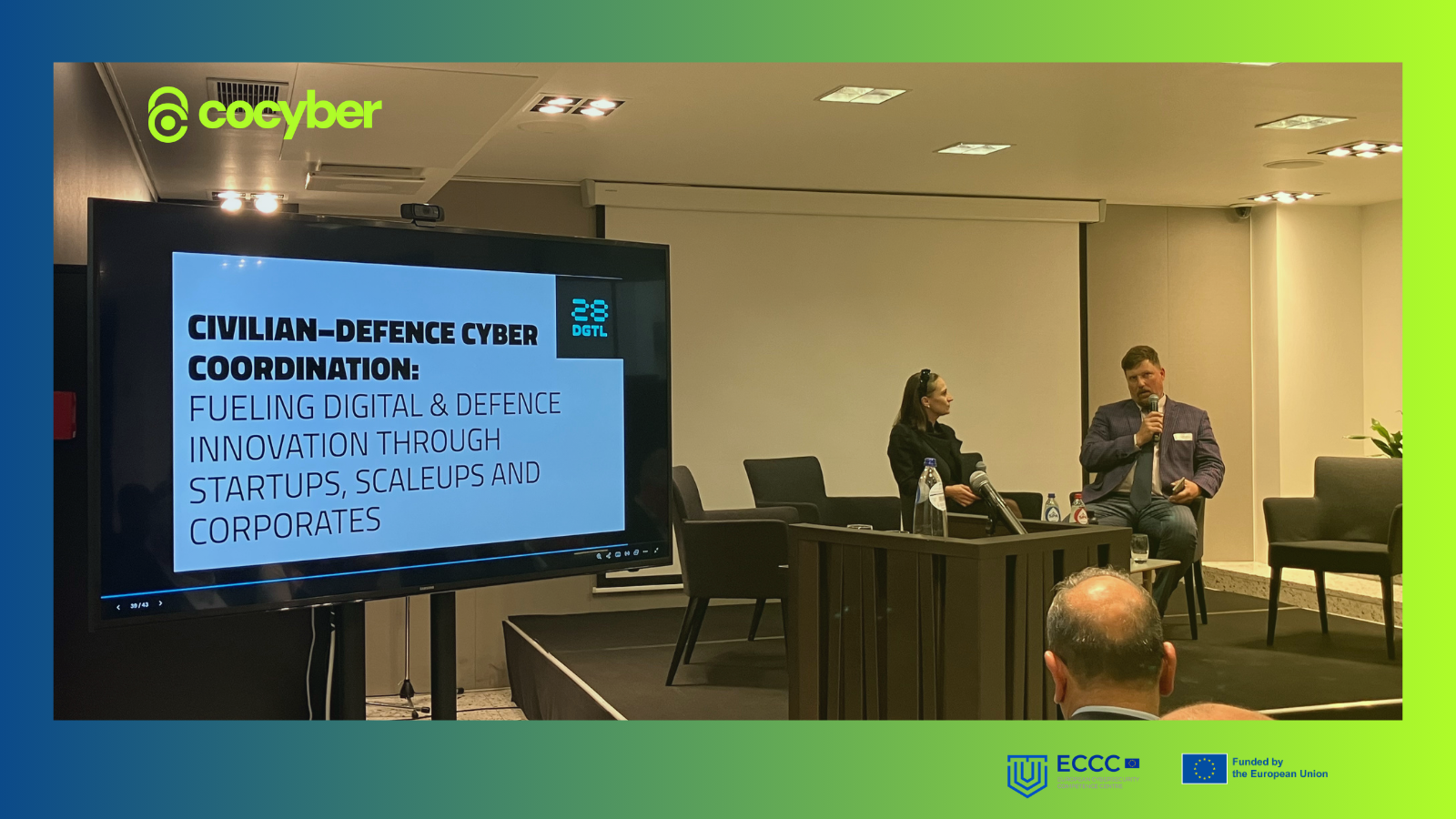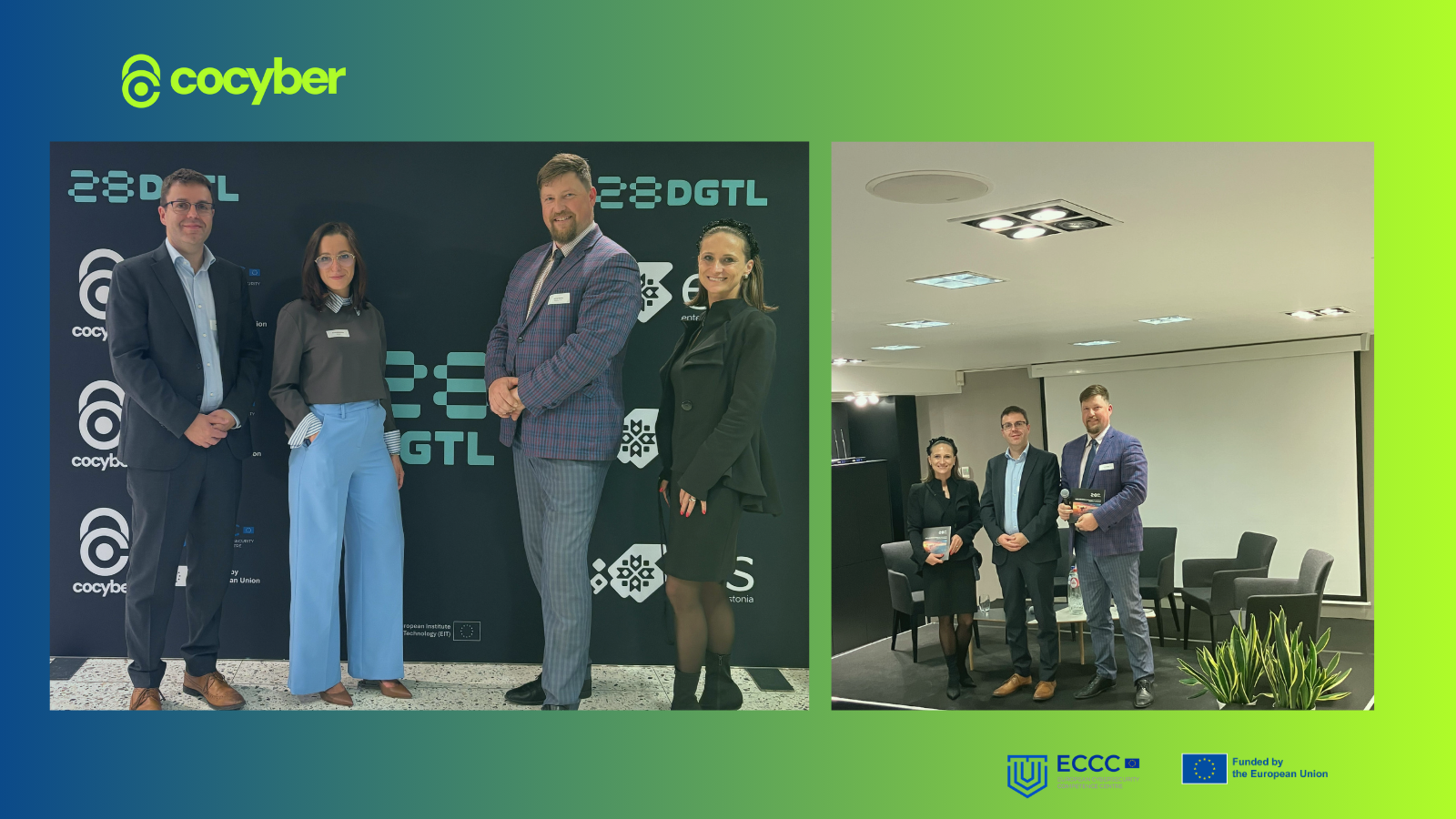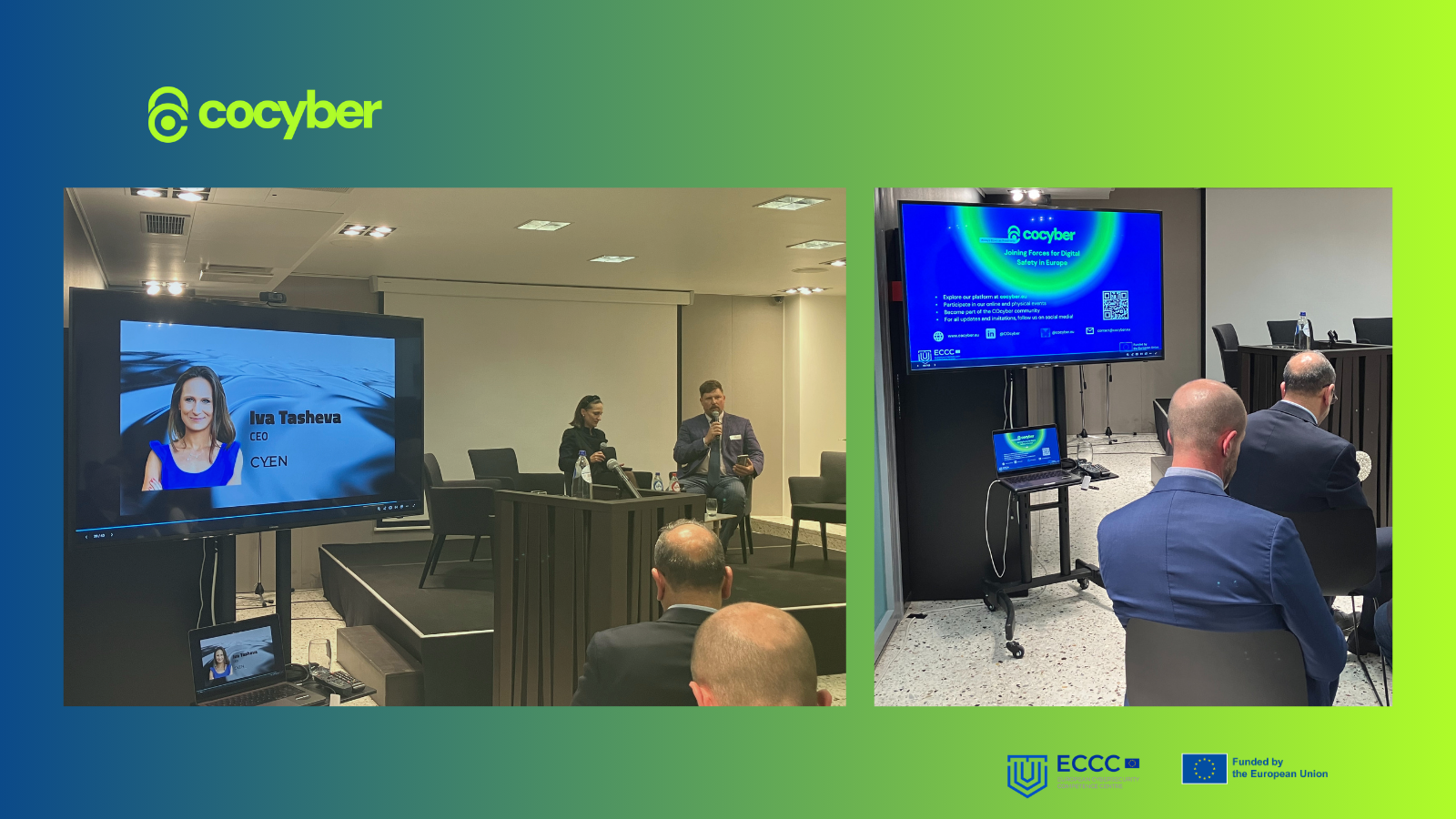Follow up on COcyber fireside chat event: civilian–defence cyber coordination

As Europe advances its strategic autonomy in defence and digital innovation, the interaction between the civilian and defence spheres is emerging as a powerful source of technological progress. On 15 October 2025, COcyber contributed to this discussion through a fireside chat on Civilian–Defence Cyber Coordination, organised alongside the launch of the Makers & Shapers report “Digital & Defence Innovation for Europe’s Strategic Autonomy” by 28Digital at the Permanent Representation of Estonia to the EU in Brussels.

The Makers & Shapers initiative explores how Europe’s digital innovation ecosystems can strengthen sovereignty and competitiveness through closer integration with defence innovation. The 2025 report outlines a path toward a more cohesive European innovation framework, calling for harmonised procurement, integrated R&D funding, and the development of dual-use technologies supported by ethical and transparent governance. It proposes the creation of a “Defence Tech Union” that aligns civil and military research efforts, harmonises procurement rules across borders, and establishes shared standards for responsible innovation.

Several discussions turned to AI ethics and trust, noting that the upcoming AI Act will shape how operators interact with intelligent systems and how human oversight remains central to decision-making. Participants also emphasised that funding and investment in defence innovation benefit from both public and private capital. Corporate venture funds and pension funds play a critical role in scaling solutions, complementing the work of the European Defence Fund, NATO’s Defence Innovation Accelerator for the North Atlantic (DIANA), and the NATO Innovation Fund.
Within this setting, COcyber’s fireside chat placed cybersecurity at the centre of Europe’s strategic innovation landscape. Moderated by Iva Tasheva, CEO of Cyen, and featuring Martin Karner, Head of the International Cooperation Unit at Enterprise Estonia, the session opened a focused conversation on how collaboration between startups, corporates, and institutional actors can accelerate dual-use innovation and reinforce Europe’s capacity to anticipate and withstand hybrid threats.

The discussion went beyond the technical layer. It questioned how Europe funds, tests, and governs innovation itself. Regulation, procurement, and culture emerged as decisive levers: national frameworks remain too fragmented, while innovation demands space to experiment and fail fast. Both speakers underlined that targeted “pocket regulations” and agile test environments can make new technologies deployable sooner and safer. They pointed to joint procurement and shared experimentation ranges as tools for translating research into adoption, and to the need for public institutions that reward learning and iteration rather than caution. Flexible budgeting and early-stage validation were identified as essential for scaling innovation to real-world use.
Cybersecurity was described as a critical infrastructure, embedded by design into every new system. Martin Karner emphasised how applying “cybersecurity by design” principles from the civilian domain to defence technologies strengthens resilience across Europe’s digital ecosystem. He also highlighted that Europe’s strength lies in its diversity, which becomes a strategic advantage when connected through interoperable platforms and shared test ranges. Estonia’s agile public institutions were cited as an example of how responsive coordination accelerates such cooperation.
Finally, the fireside chat reaffirmed that advancing European defence innovation requires a whole-of-society approach, one that lowers entry barriers for SMEs and startups and builds common understanding between innovators and institutional buyers.
The event captured a growing consensus: Europe’s ability to turn digital innovation into strategic autonomy depends on collaboration, trust, and mindset as much as on technology itself. Through initiatives like this Digital and Cyber Dialogue, COcyber continues to connect Europe’s cybersecurity community and to foster cooperation between civil and defence actors in support of a secure and resilient European future.

